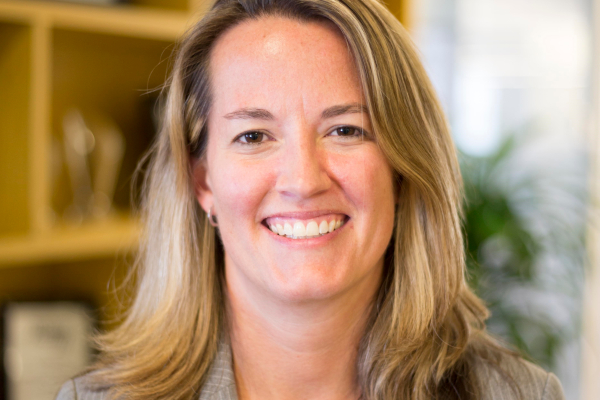Smart power group taking intelligent approach to spending
Smart power group taking intelligent approach to spending
- October 23, 2020 |
-
 WILLIAM EHART
WILLIAM EHART

With return of in-person events uncertain, zero-based budgeting forces executives to identify funding for all programs and projects

Hamm
Zero-based budgeting. Sound scary?
No, it doesn't mean there's no money to spend, but it is a method of imposing spending discipline that could be especially helpful in troubled times like these. Zero-based budgeting means that a specific funding source must be identified for each program.
Related content
Uncertainty clouds association planning for next fiscal year
Smart Electric Power Alliance is trying to be smart about its 2021 budget, especially since next year has so many question marks. Its in-person events typically provided half of its $10 million revenue. And while SEPA expects an insurance payout for this year's canceled show—the association had a communicable diseases rider—it can't let itself depend on next fall's show being in-person, as currently planned. Fortunately, the association has reserves to cover more than a year of expenses.
The pandemic accelerated a move to zero-based budgeting that had been on the back burner for years.
"We've been sort of slowly progressing in this direction for about three years," said SEPA CEO Julia Hamm. "It wasn't until the pandemic hit that we had that sense of urgency that has led us to actually fully execute on the plan.
"This is what we need to do right now, because we don't know when the in-person event revenue will return," she said. "So, in order to avoid having to scale back on the other important mission-driven work that we're doing, this is a way to make sure we can continue to do that work.
"The business model shift, rather than relying upon the trade show to fund our other programs and projects, is instead to have them really become self-sufficient, much more so than they have been in the past," Hamm said.
SEPA is trying to find additional sources of external funding, such as grant money, or from special dues contributions from members willing to support a particular project.
"That doesn't mean every program or project has to be 100% externally funded," she said. "But what it does mean is that we are intentional about saying, ‘OK, XYZ program, we think we can get 50% of the expense covered from external sources.'"
From there, programs and projects are evaluated based on how they advance the association's mission, or how they might pay off in the future. In the former case, the rest of the funding could be drawn from dues. The latter case might justify tapping reserves.
Because of its strong financial position, SEPA has not had to lay off staff. The group has cut back on using contractors and has redistributed the work among full-time employees, some of whom have time for extra duties because of things the association didn't have to do this year, such as put on the trade show it co-owns with the Solar Energy Industries Association. SEPA also has curtailed discretionary spending, including travel, of course, but also items like software licenses.
The association is presently drafting next year's budget, which should be finalized in early December. Hamm is pleased with the process so far. In past years, departments had started out with a wish-list approach.
"When we got the first draft of the 2021 budget (in mid-October), that was not the case, which tells me that (zero-based budgeting) really helped focus the team," she said. "It helped the budget managers really understand that we can't just spend, spend, spend, unless there's money coming in to support that. The first draft of the budget was actually quite reasonable."
